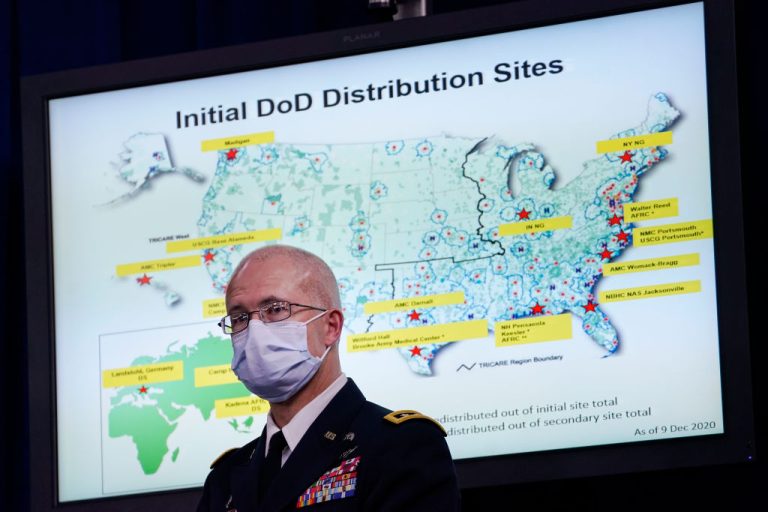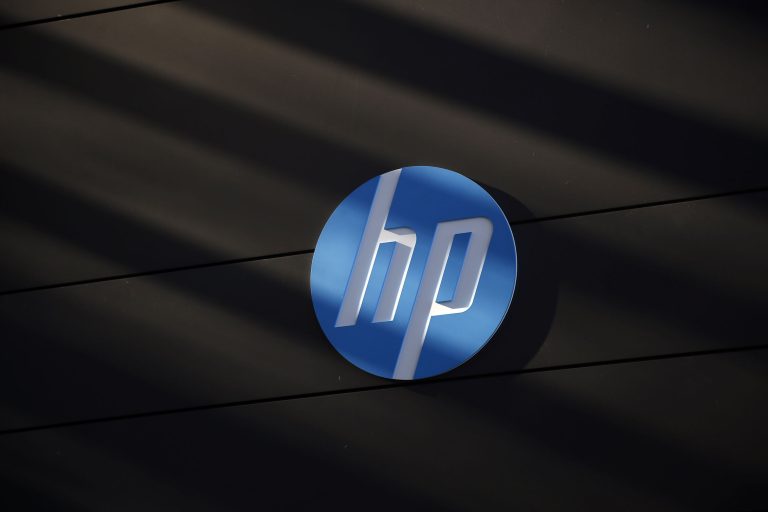As the U.S. Department of Defense is forced to rescind a widely challenged mandate requiring all members to accept the novel mRNA gene therapy Coronavirus Disease 2019 (COVID-19) injections after new legislation was signed into law, the Pentagon has no plans to reinstate more than 8,000 soldiers discharged for refusing the dose.
The revelation came as investigative journalist Jordan Schachtel released a copy of a DoD public relations document titled Public Affairs Guidance: Rescinding the COVID-19 Vaccination Mandate on his The Dossier Substack on Dec. 28.
The document provides sweeping guidance to various levels of the DoD on the Pentagon’s position on the vaccine, its mandate by Secretary of Defense Lloyd Austin, and the 8,123 service members discharged for refusing to accept injection and how to construct and maintain messaging.
RELATED ARTICLES
- Army Tells Soldiers to Use Food Stamps as Inflation Derails Middle Class
- US Armed Forces Running on Depleted Weapons Stockpiles After Mass Donations to Ukraine
- Biden Admin Purchases $290 Million Worth of Nuclear Radiation Emergency Drug
“On December 23, 2022, President Joseph R. Biden Jr. signed the James M. Inhofe National Defense Authorization Act (NDAA) for Fiscal Year 2023 (FY23) into law,” the document reads. “Section 525 of the FY23 NDAA requires the Secretary of Defense to rescind the mandate that members of the U.S. Armed Forces be vaccinated against COVID-19 pursuant to the Secretary’s memorandum dated August 24, 2021.”
The DoD stated, “The Department will fully implement this requirement.”
Success
You are now signed up for our newsletter
Success
Check your email to complete sign up
As to whether the 8,123 discharged men and women of the United States Armed Forces would be reinstated following the policy change, the document gave what can be considered both a concrete answer and a non-answer.
A Questions and Answers section in the document directly has a question item which reads: “Can Service members who were involuntarily separated be reinstated? If yes, what will be the process?”
The reply: “All Service members and Veterans may apply at any time to the appropriate Discharge Review Board or Board for Correction for Military/Naval Records if they believe that there is an error or injustice in their records.”
Notably, the instructions target messaging towards “service members and their families,” “involuntarily-separated Service members,” Congress, and, “military and veteran support organizations” under the “Key Audiences” section.
The missive clarified the official timeline where in August of 2021, Austin decided to mandate vaccination for all service members, described as a call “to protect the Force and defend the American people.”
While the Pentagon states that Austin’s edict “allowed for administrative exemption (including religious accommodations, which are a type of administrative exemption) and medical exemption requests,” including more than 19,000 already adjudicated and 17,500 adjudication-pending exemption requests, the reality is not as rosy as public relations may like.
The document admits that among the 19,000 adjudicated requests, success rates for applicants was astonishingly low. Only 6.04 percent of Army members were approved, while only 0.52 percent of Marine Corps members were approved.
An August of 2022 ruling by a U.S. District Court Judge in a lawsuit pending against Austin and the DoD by Marine Corps members on the topic of religious exemptions and the Pentagon’s handling thereof paints an even more shocking picture.
In the case Colonel Financial Management Officer et al. v. Lloyd Austin, U.S. District Court Judge Steven Merryday granted Marines who applied for a religious exemption and were denied, and had their appeal denied, an injunction from being forced the injection on penalty of discharge.
Most notable was a lengthy excerpt in Merryday’s Judgment summarizing how the DoD conducted the reality of its adjudication processes for religious exemptions.
“The pertinent history in this action reports that not for one Marine in continuing service (of course, a token one or five or ten Marines among the 3,733 applicants would not change the case) — not for one bookkeeper or for one inventory manager; not for one data analyst; not for one ‘jarhead’ who served abroad ‘in harm’s way’ throughout 2020 and 2021 during the height of the COVID-19 epidemic but without vaccination; not for a single Marine, no matter how young, strong, or gloriously healthy and not even if the Marine already contracted COVID-19 and recovered without material consequence — in not one case has the Marine Corps agreed to allow any accommodation, including any already-proven-successful health and safety protocol, to reasonably accommodate both the health and readiness of the Marine Corps and the sincere religious belief of a fellow Marine.”
Judge Merryday asked, “What to make of that?”
The Pentagon talking points, however, characterized the adjudication process in the following way, “The Military Departments and Services adjudicated individual requests consistent with uniform standards contained in Departmental policy and established in law, taking into account the nature of the pandemic and medical science at the time the request was made.”
The Department of Defense boasts that 98 percent of all active-duty members have taken the injection.
Notably, the Pentagon wishes to maintain that Austin was right and correct to mandate injection for all service members.
In a section titled “Topline Messages,” key narrative instructions included, “Secretary Austin’s August 24, 2021 COVID-19 vaccination mandate was successful in protecting the Force and defending the American people,” and, “Our data and analysis do not indicate a strong correlation between the COVID-19 vaccination requirement and our current recruiting challenges.”
Under a section titled “Talking Points,” the establishment messaging was reinforced with line items such as “The COVID-19 vaccine saved lives and helped ensure a healthy and ready Force,” and, “Since the onset of COVID-19, the Department has worked diligently to inform our Service members on the safety and effectiveness of the COVID-19 vaccines.”







